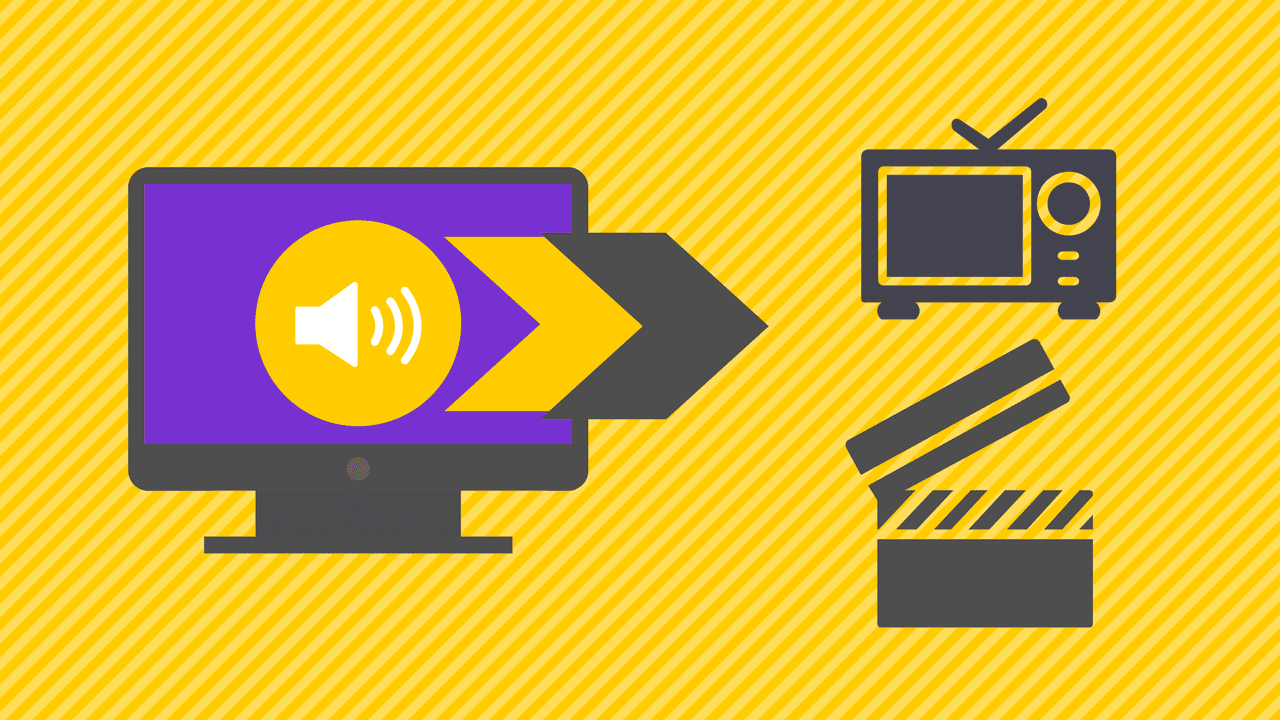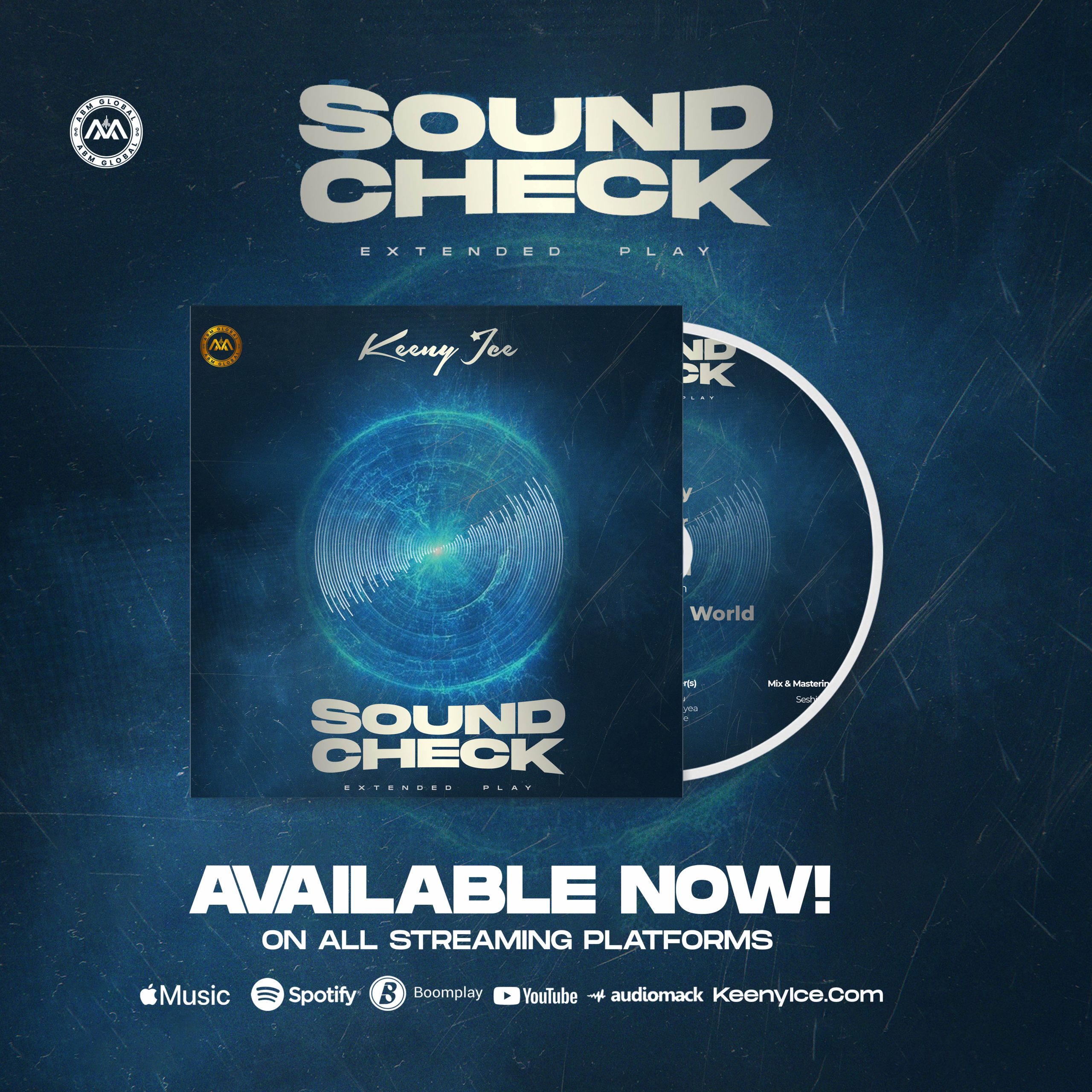- If you’re keeping your music to yourself, you’re shooting yourself in the foot.
The best way to learn how to license your music (and get the good, high-paying placements) is to get yourself out there, submit your music, and learn the market and your place in it. If licensing is something you want to do, do it!
2. Don’t tie your whole catalog up in exclusive deals.
If you sign an exclusive deal with a music library and that library doesn’t find any placement for your music…
Well, you’re stuck for the duration of your agreement with that library. That song’s got no revenue potential.
With non-exclusive deals, you can keep shopping that song around to other libraries and opportunities if one library isn’t working for you.
- Opt for short-term agreements when you’re starting out.
Think of what can happen in three years, five years, ten years….. are you confident you’ll be fine with your music being tied to a deal in that timeframe?
I’m not saying you should never ever sign a long-term deal.
But when you’re first starting out, it makes sense to feel the waters before you commit long-term.
- Don’t license music you don’t have rights to!
The ideal scenario is you own 100% of the composition and sound recording.
If you share the rights with other people, make sure you’ve got paperwork in place that clearly states who owns what, in the form of a split sheet for example.
If you’re trying to license a cover, reach out to someone like the Harry Fox Agency to make sure you’re good to go.
- Don’t price yourself too low.
If you price yourself too low, you’re devaluating the market and shooting yourself (and others) in the foot.
Pricing is part of your positioning. Low prices are often associated with poor quality.
If you start low, it will be difficult for you to raise your prices afterwards.
The higher you can price yourself, the less sales you’ll need to chase to make a decent living.
- Don’t be afraid to ask lots of questions about a contract before you sign.
You want to work with people who are patient and understand your concerns.
Don’t worry about looking silly or being a pain. You’re a professional.
If the person takes offense or gets annoyed, they’re probably not a good person to work with anyway.
- Don’t waste your time on music libraries with low monthly traffic.
Focusing on libraries with lots of visitors means you’re focusing your energy on platforms that have a proven track record of attracting customers.
Monthly traffic is not the only measure to look at. But it’s a measure you can easily track.
The “Similar Web” Chrome extension is free and can provide you with info on a website’s estimated monthly traffic.
- Don’t damage your brand by using your real name at first.
Pseudonyms give you the freedom to try stuff, experiment and make mistakes.
When you’re first starting out and you’re not sure exactly where you’re going, that’s a big bonus.
Even if you do know what you want, pseudonyms give you the freedom to build different brands.
For example, you could build a brand for the folk music you perform live with a band using one name, use another persona to score indie films and create yet another pseudonym to license hip-hop tunes to reality TV shows or work in advertising.
Credit: Digishare Africa/ Jonilar / New Artiste Mode

